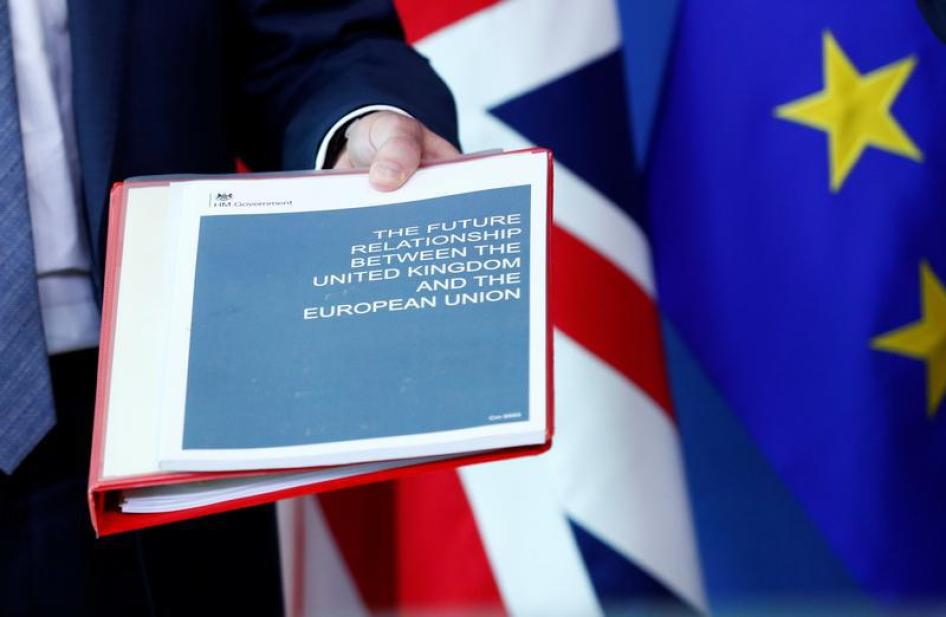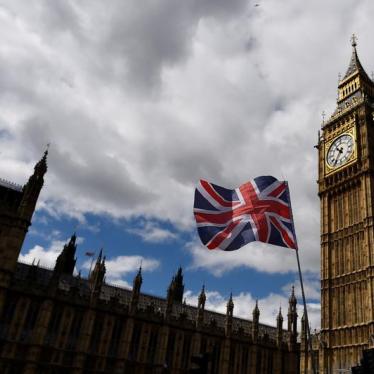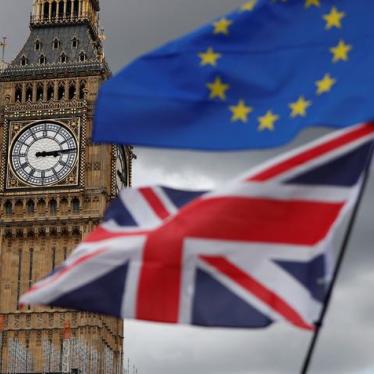The prospects of the UK leaving the European Union without an agreement on future relations – a so-called “no-deal Brexit” – seem more real now than at any time since the June 2016 referendum. And the consequences for human rights could be serious.
If the UK and EU negotiators fail to reach an agreement by March 30, 2019, the UK will crash out of the EU.
If that happens, there will be no clear legal basis to protect the residency rights of many of the 2.8 million EU citizens living in the UK, and the estimated 1.2 million UK citizens living in other EU countries. While there may be good will on both sides, this must be deeply worrying for these 4 million people, especially since they have been living with this uncertainty for more than two years already.
As a new European Commission paper suggests, a no-deal Brexit could also cause significant hardships in the UK, at least in the short-term, since it would affect flights, imports of food, and pharmaceuticals. Media reports suggest the UK has started contingency planning for various no-deal scenarios, including fuel and food shortages.
A new report by the body that oversees the UK police has also warned of a risk of a spike in hate crimes in the UK after Brexit, similar to that experienced in the summer of 2016 after the referendum vote. Social tensions could be exacerbated by shortages and disruption that a no-deal Brexit would bring.
What about human rights protected under EU law? With one exception, the UK has legislated to incorporate into domestic law all EU laws on Brexit day, including key protections on protection against discrimination, workers’ rights, and data privacy. These should not be affected by the type of Brexit deal reached - or lack thereof.
Unfortunately, the one law that will be omitted is the EU charter of fundamental rights. So unless compliance with rights protected in EU law is guaranteed in a Brexit agreement, a future UK government could decide for example to weaken rights for pregnant women and parents at work or make it harder for people with disabilities to prove discrimination.
There are deep divisions within the UK’s political parties on what form the UK’s future relations with the EU should take. But that cannot be allowed to obscure their collective responsibility to work with the EU to protect the rights of everyone living in the UK, as well as UK citizens living overseas.










